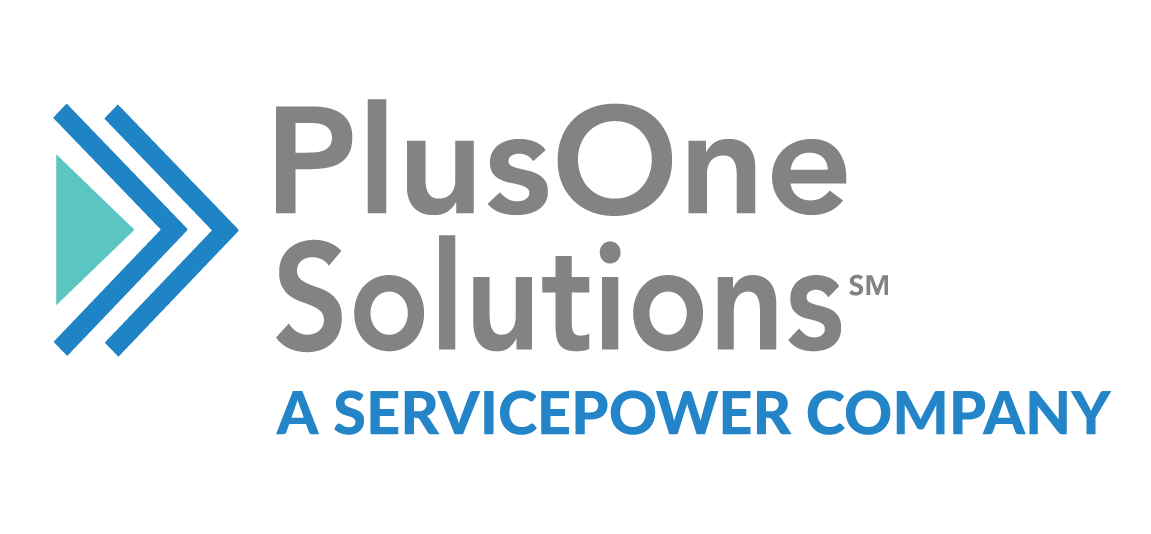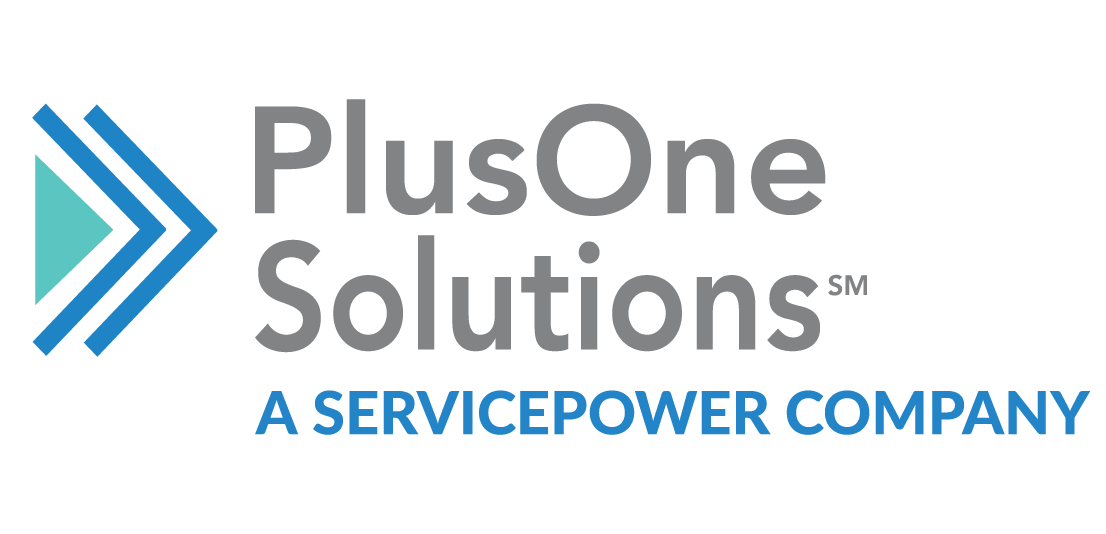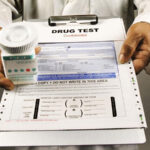Hiring a driver without reviewing their past is like letting someone steer blindfolded. That’s why Motor Vehicle Reports, MVRs, are so essential.
What does MVR mean? MVR stands for Motor Vehicle Report—a summary of an individual’s driving record issued by a state agency. This document includes critical personal information like license type, status, and any traffic violations. Employers use MVRs to evaluate whether someone is qualified to operate a motor vehicle for work-related duties.
MVRs are essential for risk management, helping employers assess driver safety, reduce liability, and remain compliant with transportation regulations. A thorough understanding of what is a MVR—and how it supports hiring decisions—can enhance overall workforce safety.
An MVR check typically includes:
- License class, status, and expiration date
- Traffic violations and suspensions
- Accident history
- Points on license (varies by state)
Understanding what’s on a MVR check helps employers make informed decisions during the hiring process or while conducting annual reviews. An accurate motor vehicle record is a foundation for safe hiring practices and protecting company reputation.
MVRs play a vital role in workforce screening and ongoing monitoring. Companies across industries use MVRs to:
- Evaluate candidates during the pre-employment process
- Support DOT compliance and maintain driver qualification files
- Monitor current employees for new driver violations
- Align with insurance risk management policies
A well-executed MVR background check strengthens overall hiring and safety strategies. Employers often integrate MVR reports into broader screening programs to identify disqualifying driving behaviors early and support long-term driver development.
MVRs in Different Fields
Employers in safety-sensitive roles rely heavily on MVRs. Here’s how MVRs apply across industries:
Transportation and Logistics
Businesses use DOT MVRs to ensure drivers meet federal safety regulations.
Construction and Field Services
Operators of company vehicles must maintain clean records to reduce equipment risk.
Healthcare and Emergency Response
Paramedics and mobile care professionals are screened through MVRs to ensure patient and community safety.
Synonyms and Related Terms for MVRs
Terminology can differ by state, but all refer to driving history:
- Driving Record – General term for MVR
- DMV Report – Often used interchangeably with MVR
- Driver Abstract – Common in certain states or regions
- Driver History – Refers to long-term driving patterns
Understanding the differences, such as driving record vs. MVR, ensures you’re requesting the right type of documentation for your needs. These differences can also affect how employers access state MVR systems and interpret the results.
Significance of MVRs in the Gig
MVRs are increasingly important for tech-driven gig platforms. Fast onboarding and risk mitigation are top priorities. With automated MVR checks and digital MVR access, app-based companies can:
- Screen gig drivers in real time
- Receive instant alerts for new infractions
- Maintain consistent safety standards
Platforms that rely on gig workers, like food delivery or rideshare apps, depend on scalable screening tools. Gig drivers are typically screened with MVRs that meet both company and regulatory requirements.
Business Relevance and Field Applications of MVRs
MVRs are more than just paperwork. They’re practical tools for protecting your business, employees, and customers. In an increasingly mobile workforce, employers must prioritize road safety and accountability. Reviewing a candidate’s or contractor’s MVR report helps you reduce the likelihood of risky driving behavior that could result in legal or reputational consequences.
Employers use MVRs not just to evaluate but to protect. Key applications include:
- Employment screening for any role involving vehicle operation
- Ongoing MVR monitoring to catch real-time changes in a driver’s status
- Fleet safety programs that include regular record checks
- Insurance risk reduction through verified driver eligibility
- Legal compliance with DOT, FMCSA, and state-level regulations
An MVR report becomes part of a company’s proactive compliance toolkit. By conducting regular MVR checks, businesses can identify recurring traffic violations and take steps to prevent future issues.
History and Evolution
The use of MVRs began with manual record-keeping in state DMVs and has evolved into a digitally managed system accessible nationwide. Key developments include:
- State-level digital portals for faster access
- Enhanced MVR compliance laws aligned with public safety standards
- Real-time alerts integrated into automated systems
Modern record systems now support the growing demand for continuous driver monitoring and digital record keeping. As transportation screening terms continue to evolve, organizations benefit from staying up to date with public safety regulations and tools.
Key Takeaways on the Role of MVRs in Screening and Safety
The MVRs meaning goes far beyond checking a box during hiring. Here’s what matters:
- MVRs give insight into a candidate’s or employee’s driving record
- A motor vehicle report helps organizations screen and monitor for risk
- MVRs support compliance, insurance, and safety initiatives
- Companies should implement consistent MVR check practices as part of HR and safety policies
PlusOne Screening Solutions makes it easy to understand the meaning of MVR background checks and incorporate MVR checks into your hiring strategy. From one-time screenings to automated monitoring, we help you ensure that motor vehicle safety stays top of mind without slowing your operations.
This keyword was a bit awkward everywhere but, if necessary, I think it fits best here.




